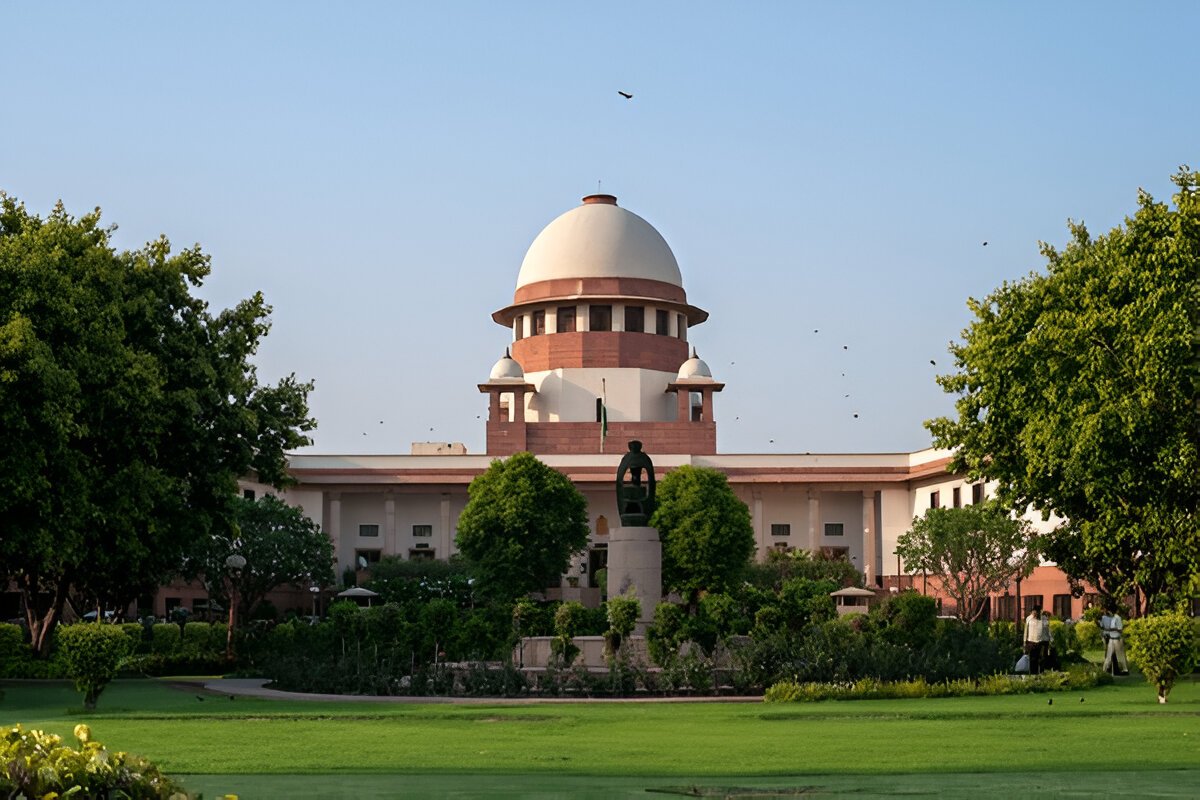Bench of Justices Vikram Nath and Prasanna B. Varale
Introduction:
The Supreme Court clarified that if a party denies the existence or legality of a compromise decree, they cannot directly approach the appellate court. Instead, they must first challenge the compromise before the trial court under the proviso to Order XXIII Rule 3 of the CPC.
It was held that Order XLIII Rule 1-A CPC does not create an independent right of appeal; it only allows challenge to a non-appealable order during an already pending appeal.
- Order XXIII Rule 3 CPC – Recording of Compromise and procedure to raise objection before trial court.
- Order XXIII Rule 3-A CPC – Bar on filing a separate suit challenging a compromise decree.
- Section 96(1) CPC – Right to file a first appeal against a decree.
- Section 96(3) CPC – Bar on appeals against consent decrees.
- Order XLIII Rule 1-A CPC – Right to challenge non-appealable orders during a pending appeal (no independent right to appeal).
Facts of the Case:
A compromise decree was passed between the parties. The appellant, Sakina Sultanali Sunesara, claimed she was unaware of the compromise and had not consented to it. She directly filed an appeal before the Gujarat High Court under Section 96 CPC read with Order XLIII Rule 1-A CPC, challenging the compromise without first approaching the trial court. A Single Judge of the High Court, referring to conflicting decisions, referred the matter to a Larger Bench. The Larger Bench ruled that a party must first challenge the compromise before the trial court under the proviso to Order XXIII Rule 3.
Issues:
- Whether a party denying a compromise can directly appeal against a compromise decree without approaching the trial court?
- Whether Order XLIII Rule 1-A CPC create an independent right of appeal?
- Whether an appeal can be filed against a compromise decree in view of Section 96(3) CPC?
Contentions of the Petitioner:
The appellant contended that she was unaware of the alleged compromise and had not consented to it. She argued that under Order XLIII Rule 1-A CPC, she had a right to challenge the compromise in an appeal directly before the appellate court.
Contentions of the Respondents:
The respondents argued that since the appellant was already a party to the suit, she should have first approached the trial court under the proviso to Order XXIII Rule 3 CPC. They submitted that Order XLIII Rule 1-A CPC does not create a right to file a separate appeal, and that Section 96(3) CPC bars an appeal against a compromise decree.
Court’s Analysis:
The Court explained that Order XLIII Rule 1-A CPC does not provide an independent right of appeal. It only allows a party to challenge a non-appealable order within an existing appeal. As per the proviso to Order XXIII Rule 3 CPC, if a party denies the lawfulness of a compromise, they must raise the dispute before the trial court itself. Under Order XXIII Rule 3-A CPC, no separate suit challenging the compromise can be filed. Section 96(3) CPC clearly bars an appeal against a consent decree. Only if the trial court rejects the objection regarding compromise and passes an adverse decree, can the party then file a first appeal under Section 96(1) CPC, where Order XLIII Rule 1-A(2) can be invoked to challenge the recording of the compromise. Therefore, the appellant’s direct appeal was procedurally improper.
Conclusion:
The Supreme Court upheld the Gujarat High Court's decision. The appellant’s appeal was dismissed. It was held that a party disputing a compromise must first move the trial court, not the appellate court directly.

